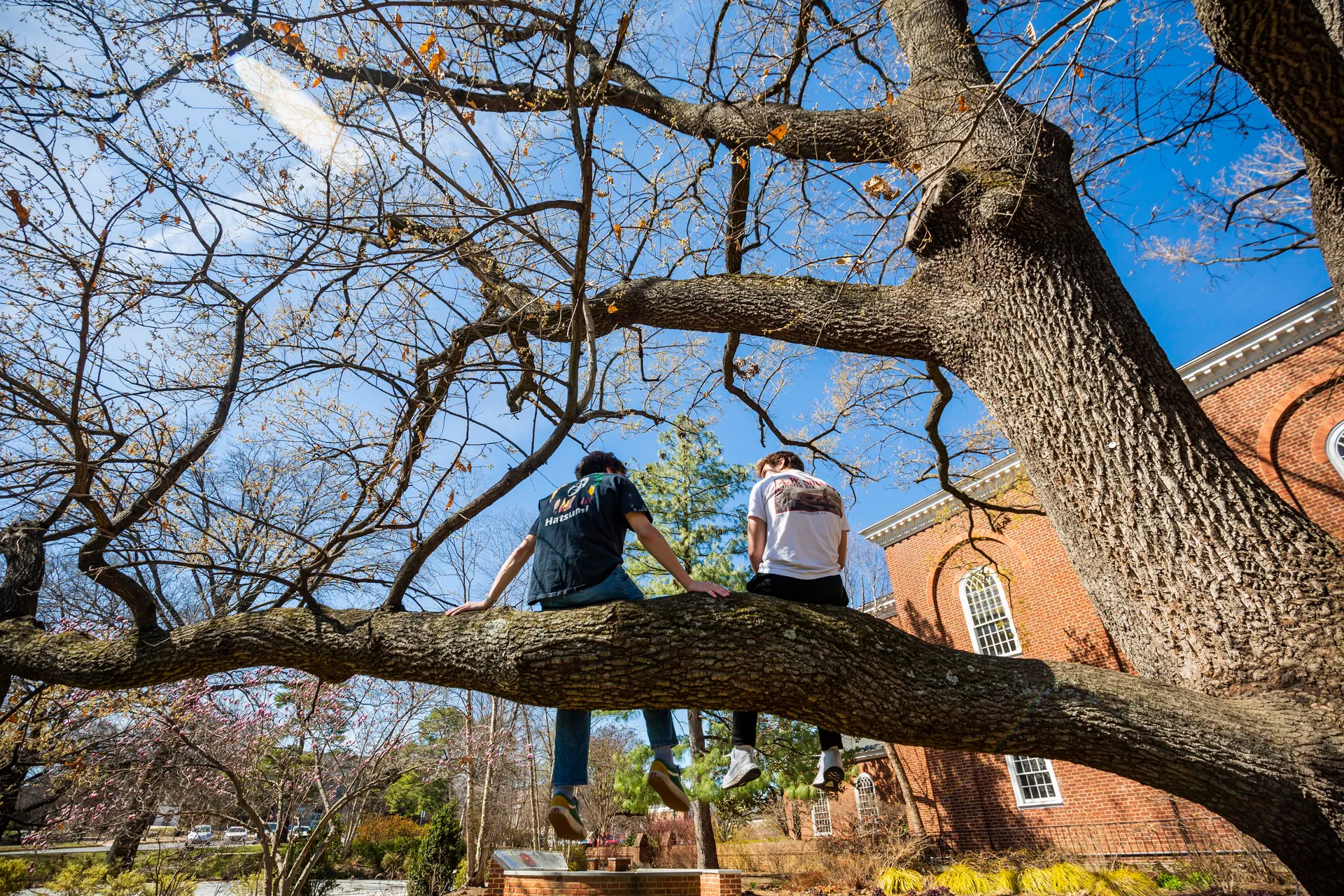Undergraduate Academic Courses

Below are a list of UMD courses relating to wellness, peer education and advocacy, managing stress and more. Please note that some courses may be limited to certain majors, have limited enrollment or not be offered in all semesters.
If you have questions about a course, please contact the registrar's office or the academic department directly.
Course List
An introduction to theory and research on positive psychology, subjective well-being, and the psychology of happiness. This will include examination of hedonic and eudaimonic models of well-being and sociocultural understandings of happiness, together with how it relates to health, relationships, money, religion, work, and social media. Students will also explore common misconceptions and myths about happiness and well-being and will engage in a variety of activities designed to deepen their understanding of happiness in their own lives and broader societal trends related to well-being.
EDCP 230 The Science and Practice of Happiness and Psychological Well-Being
Introduction to core helping skills in peer counseling settings and three predominant theoretical approaches used in the counseling field (humanistic, psychodynamic, cognitive-behavioral). The course also explores mental health stigma and advocacy. Students will build an understanding of the practical application of underlying principles and theory in counseling and the helping professions, while exploring their own, and societal, biases, assumptions, and attitudes toward mental health.
Students on UMD campus experience new challenges to their mental health and well-being every semester, and there are limited resources to help students manage their own health or to support their peers. This experiential skill development workshop course is designed to assist students in developing their knowledge in ways to recognize, manage, and cope with symptoms of stress, anxiety, and depression. There is a focus on coping with pandemic-related and course-related concerns, relationship issues, and a range of other student concerns.
FMSC117 BE WELL: Building Emotional Wellness through Experiential Learning
Health problems related to stress and tension. Analysis of causative psychosocial stressors and intervening physiological mechanisms. Emphasis on prevention and control of stress through techniques such as biofeedback, meditation and neuromuscular relaxation.
Society has become more and more disconnected, with 61% of American reporting being lonely. The U.S. Surgeon General's Advisory on the Healing Effects of Social Connection and Community reports that "The mortality impact of being socially disconnected is similar to that caused by smoking up to 15 cigarettes a day, and even greater than that associated with obesity and physical inactivity." Disconnection is devastating for health and for society. Particularly in a democracy predicated on the health of civic life, which requires interpersonal and community relationships, where does this predicament leave us as a society? This course illuminates the potential root causes of disconnection: early familial relationships, attachment styles, and broader technological trends. Students will leave the course with a toolkit of evidence-based strategies they can use - and share - to help heal these divides and repair our core social connections.
Designed to train students to become Peer Advocates who are responsible for providing crisis and short-term support services for victims of sexual assault, relationship violence, stalking, sexual harassment and child abuse.Students will be meeting with clients and providing emotional support and resources (both on and off campus). During weekly classes, students will be trained in trauma-informed crisis intervention procedures that will not only help them assist clients during in- person sessions but will help them support clients via the crisis cell. Students will be expected to maintain the crisis cell (on a shared basis)throughout the semester as well as maintain 10 hours per week in the CARE office. In addition to maintaining the crisis cell and office hours, during the spring semester students will be tasked with working as a team in planning and executing a Take Back the Night event.
A two semester, 6-credit course designed to train students in the knowledge, values and skills to build professional relationships and become leaders in community development related to the social justice issue of sexual misconduct with emphasis on the college campus environment.
PEER 322 is a three-credit, interdisciplinary course building upon the sexual assault, relationship violence, stalking, bystander intervention, and wellness knowledge gained during PEER 312. Students will gain a fundamental understanding of program planning basics through a series of assignments where they theoretically plan their own prevention or awareness program for the University of Maryland campus community. Students who become a Peer Leader during year two may have the opportunity to implement this program on campus. This course also provides advanced training in the skills necessary to serve as an effective Peer Educator under the University Health Center. Peer Educators will continue to provide outreach and education to the campus community through various outreach events, workshops, and more.
PEER 322 Advanced Peer Education: Prevention Power-Based Violence
What are the secrets to living a happy life? Can happiness be found within the context of war, a depressed economy, violence and other major stressors? Are some people born happier than others? This course will teach you the scientific process that psychologists use to study happiness (and related emotional variables) and give you the opportunity to practice applying that process in a number of ways. You will learn how we (a) gather and critically evaluate research findings in the existing literature, (b) integrate those findings into coherent and testable theories, (c) design and conduct valid scientific research that tests those theories and extends our knowledge, and (d) effectively communicate our theories and findings to a wide range of audiences. The result of the process is a more accurate and objective understanding of happiness, and that is what prepares you to apply your scientific understanding to explain and influence a wide range of outcomes.
Looking for additional resources?
Explore more resources for undergraduate and graduate students.